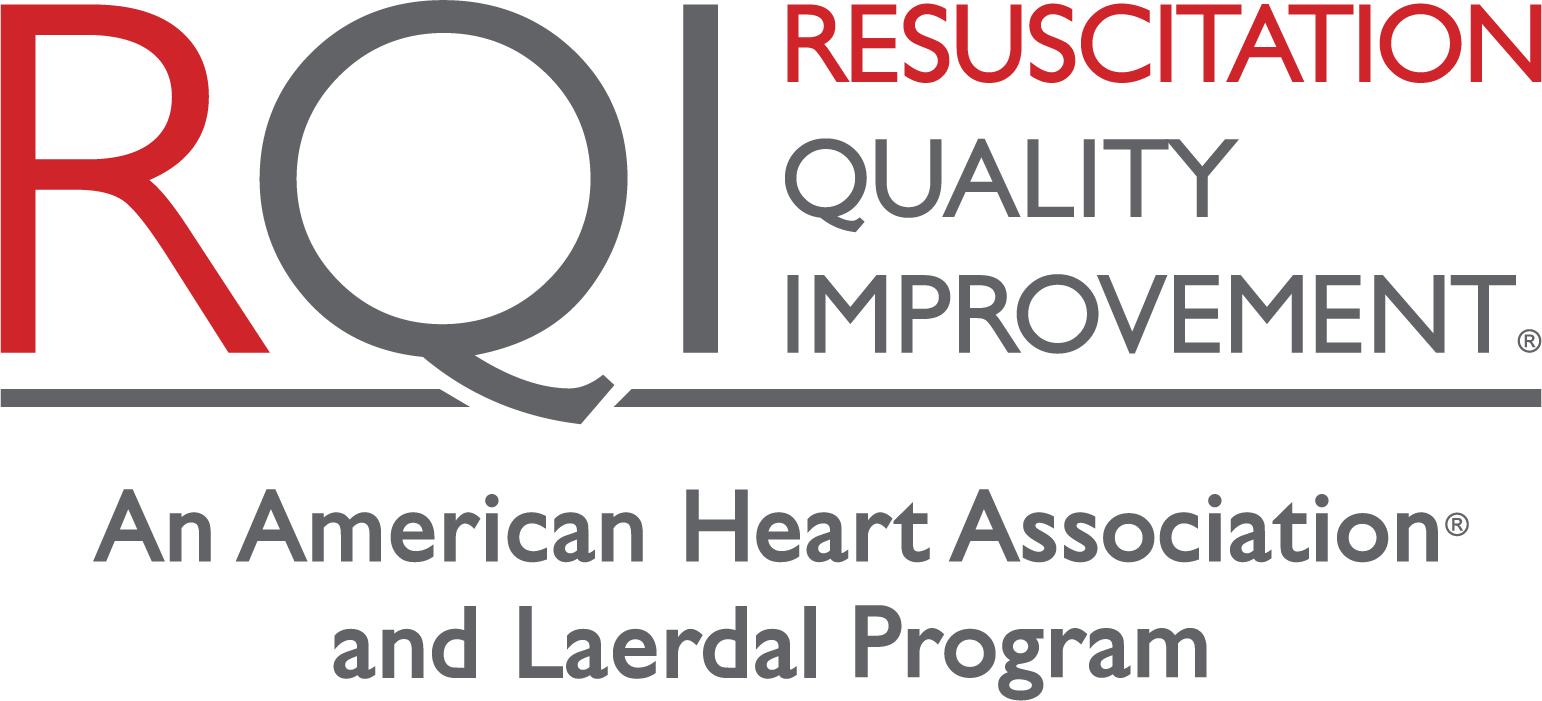The RQI program is designed to be a quality improvement program that maintains competency over time to achieve mastery learning. Because of this, the program strategically targets the deliberate practice and repetition of a provider’s individual skills of compressions and ventilation. The taskwork of both skills are continuously validated in the format of spaced learning that includes feedback and debriefing.
This quality improvement model allows for a learner to then integrate the automaticity of taskwork skills (i.e. ventilation and compressions) into higher-critical thinking events, such as team resuscitation. Controlling for this constant in the area of individual skills performance, then provides a learner the ability to effectively utilize cognitive space for decision-making and adaptability in environments and circumstances that are not as easily controlled for.
For example, a recent study has demonstrated the impact of RQI skills in chest compression fraction with an improvement from pre-RQI of 83% to post-RQI of 93%.3 This improvement highlights the ability of a learner to apply the mastery of particular skills into a scenario for overall impact of resuscitation.
It is important to note that because RQI is dedicated to the mastery of core skills to be applied in a myriad of resuscitation events, it is not meant to replace or eradicate an institution from facilitating team resuscitation training. In fact, the RQI program compliments the efforts of a hospital’s team dynamics improvement strategies. In addition to providing algorithm-based cognitive learning that is repeated and validated via cognitive assessment activities, RQI provides a standardization assessment model for core skills. In turn, this allows an institution to design for training that warrants customization, such as local protocols and team roles.
References
